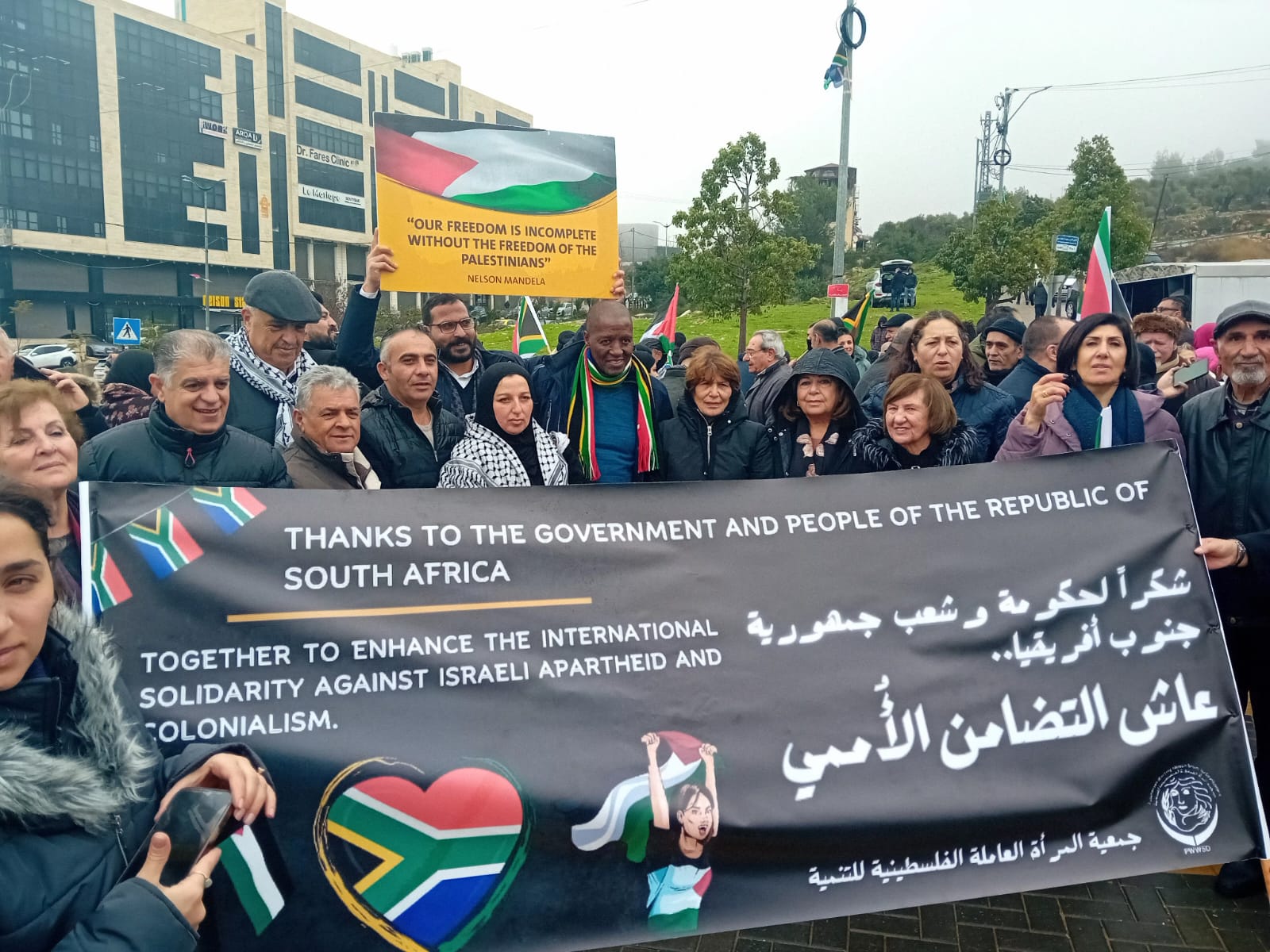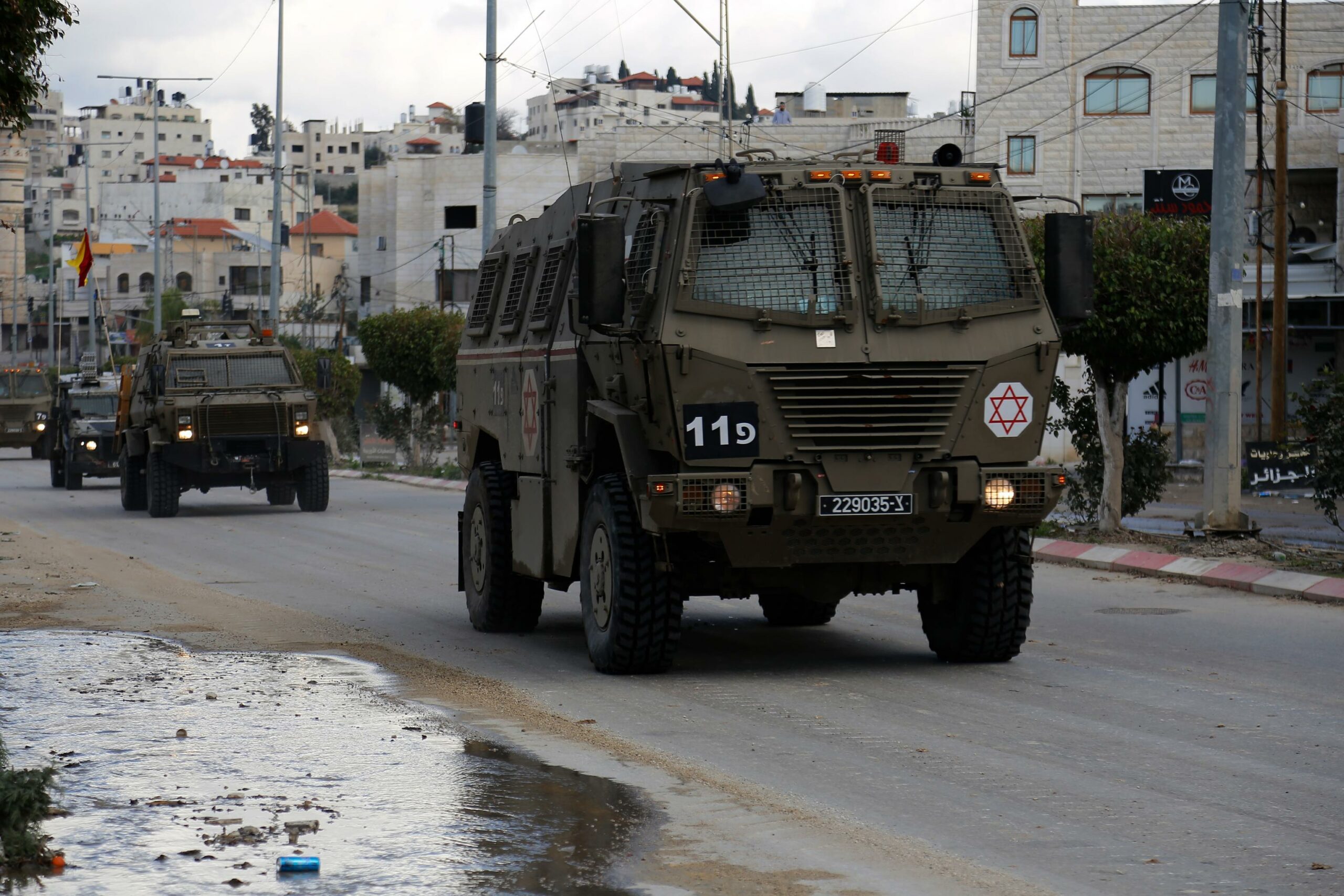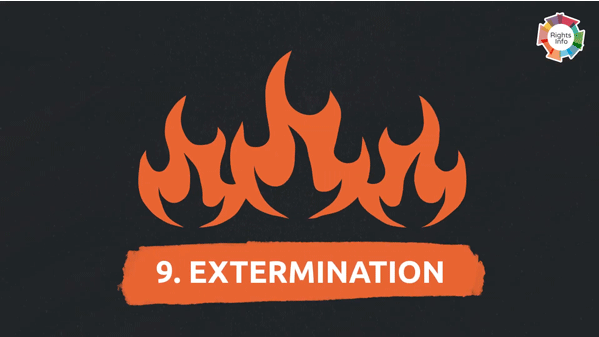Category: Reports
-
“A Place of Death and Despair.” South Africa Makes a Case for Genocide in the ICJ
11 January 2024 | International Solidarity Movement | The Hague, Netherlands It came through a series of damning statements. A striking case for genocidal intent and acts tantamount to genocide by Israel against the totality of Gaza’s Palestinian population, was presented in a powerful, if gut wrenching, presentation by South Africa’s legal…
-
Destruction and siege: Tulkarm and Nur Shams camps under attack
4 January 2024 | International Solidarity Movement | Tulkarm By Diana Khwaelid On the night of Tuesday, January 2, the Israeli occupation carried out a new incursion against the residents of the city of Tulkarm and its two refugee camps. Tulkarm camp was turned into a place unsuitable for living, and Nur Shams camp was besieged…
-
The Language of Genocide: Israel’s Extermination Rhetoric
To whatever extent that rhetoric is a common tool of war, Israeli politicians and public figures have prolifically furnished the relentless and ongoing bombardment of the Gaza Strip with the language of genocide and ethnic cleansing.



